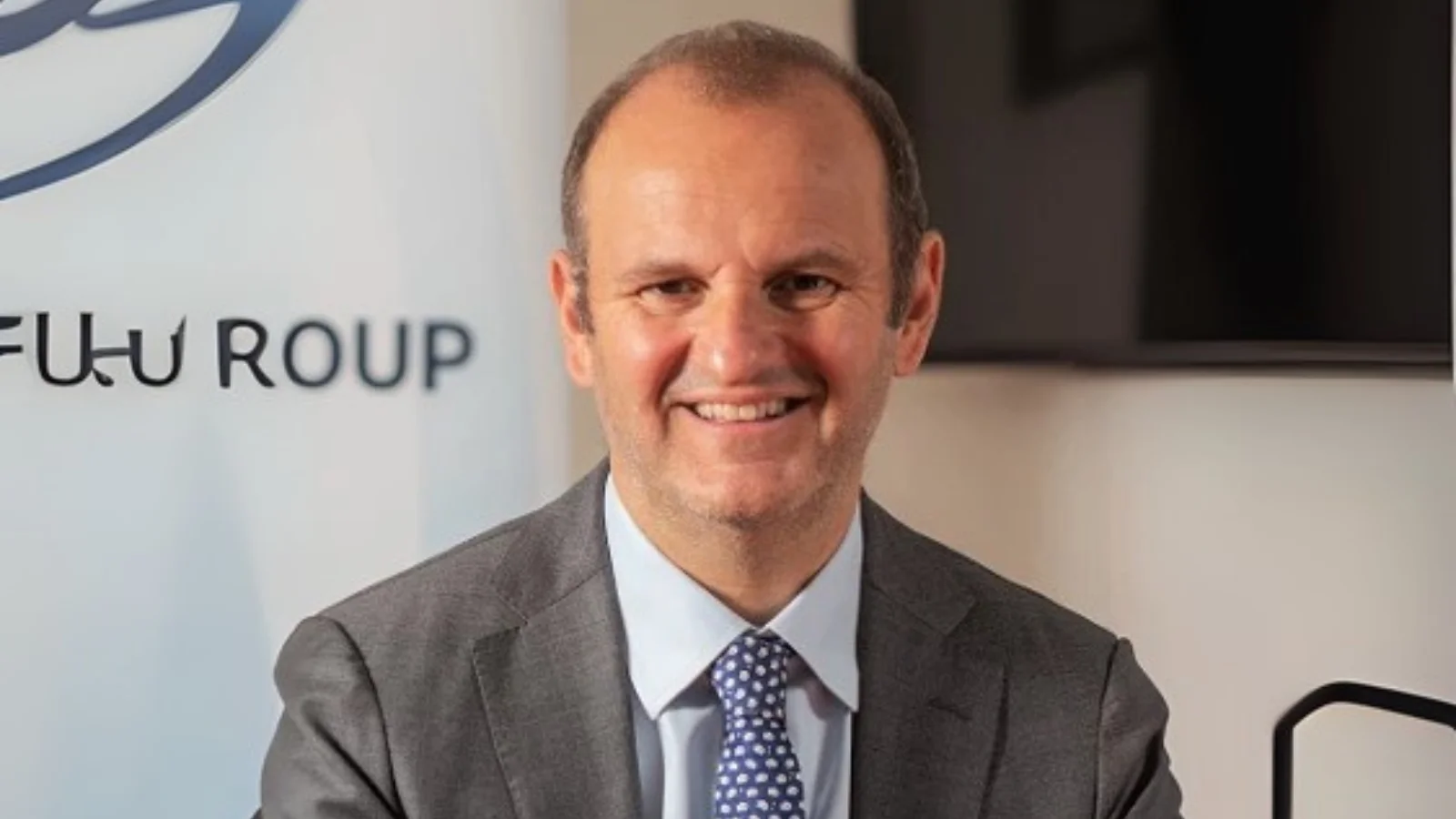Serbia will receive a EUR 66.3 million ($75 million equivalent) loan from the World Bank to support reforms in its primary education system. The funding, approved by the World Bank’s Board of Directors, is aimed at improving learning conditions for primary school children across the country through the Inclusive Primary Education Improvement Project.
The project is expected to directly benefit around 250,000 primary-level students, including those living in rural areas, Roma students, and students with disabilities. At least 20,000 teachers are also set to benefit from these reforms. A key focus will be on upgrading school infrastructure in disadvantaged regions where families have low incomes or belong to ethnic minorities. Schools located in municipalities that experience frequent flooding or extreme heat will also be prioritized.
“Serbia has made notable progress in human development, advancing to the highest level in the Western Balkans in just one decade, but there are still gaps to be bridged with European standards,” said Nicola Pontara, World Bank Country Manager for Serbia. “With this project, we wish to support efforts to design inclusive learning environments where the children of Serbia can thrive and catch up with their peers in Europe.’’
As part of the initiative, Serbian authorities plan a gradual transition toward adopting a Whole Day School model. This approach seeks to extend both teaching and learning time—currently below the European Union average—and provide students with essential skills for lifelong learning. The model emphasizes inclusive and energy-efficient facilities that promote health and focus on student-centered education. It also aims to strengthen curricular and extracurricular activities while paying more attention to children's mental well-being.

